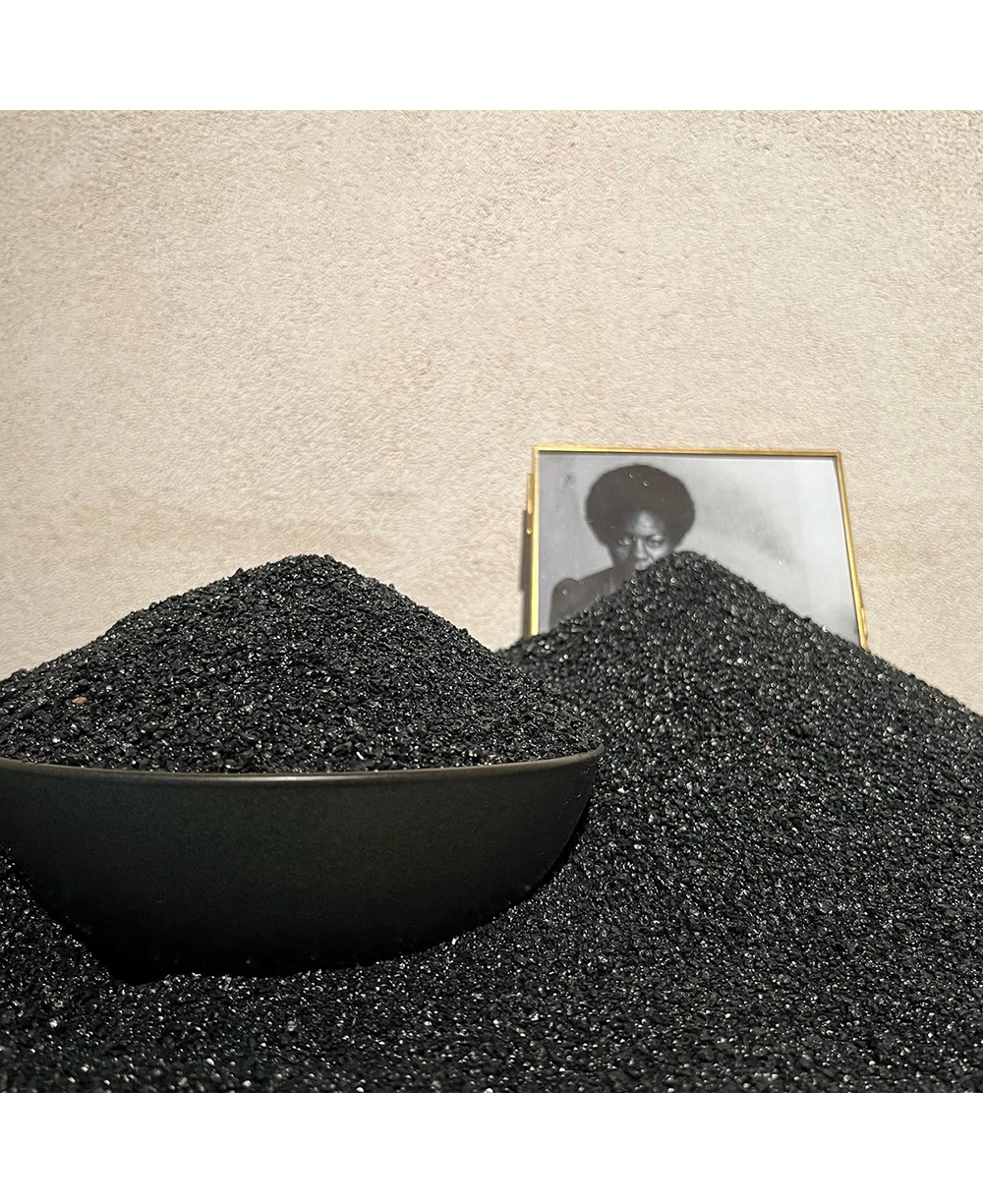Letter from the Editor
Dear Reader,
In the middle of a strange summer, New York is submerged in the suffocating haze of Canadian wildfires. The sky is a smoky, unsettling yellow. Pride came and went, with its exuberant, radical core and its corporate floats.
We are in uncharted waters with familiar monsters. It is increasingly clear we will not find salvation in the old and the established. The world is ripe for our remaking. We invite you to bear witness to a myriad of existences. We hope you find yourself represented and cared for. We dream of a lingua franca rising up, an undying link between our respective dystopias. We wish to bolster your revolutions, both personal and social. Draw strength from us, from our mission, from our writers and their work. We can gather here, to remake.
We at Apogee are comprised of those on the periphery. We publish letters from exiles pushed to the limits and beyond by racism, homophobia, misogyny, and gentrification. Our writers are unflinching in their gaze and their depictions. They are brave as they excavate their experiences. They don’t shy away from the political, instead they reach out and grab history and suffuse it through their work. They live, brilliantly, in the complex.
As I read through our issue, I am struck by joy. The sheer delight of reading. The awesome beauty and cleverness of it all. There is a deep appreciation for the mechanisms of literature, and a desire to thwart them all the same. Our writers create new paths, new styles, new devices, new genres, and even new languages to express what feels inexpressible.
In their poem “duffle recalls black pastoral,” contributor Harlem West writes, “what do I do with this coy god’s touch/ or the exiled boy woven in me since ’06.” Siete Lin’s “How to Speak Hokkien” offers up its own take on language and exile, exemplified with the lines, “I rolled over libraries in my mouth until each word was smooth from meaning.” Language, specifically accents and the languages they denote, are both burden and tool, othering us while also assimilating us.
In Alice Yang’s “Fun Guy,” Ma’s accent is a symbol of the imagined chasm between mother and daughter. The narrator imagines her mom as sexless, “as all Chinese mothers should be,” self-sacrificing, and provincial. Later, when evidence to the contrary comes to light, the narrator says: “Ma did not need to know English to understand the communion of light and leaves, the undulation of prismatic Saxon greens under a high noon sun.” Ma is not only brilliant, but tireless in her efforts to uncover the darkness and racist exploitation that lurks in the North Portland Peninsula.
In Sihle Ntuli’s “In The Etymology of ‘Thanda / Thando,’” language is broken down into its parts while also expanding beyond them. They write of the Nguni word for love, of their Bantu people, and of civil war:
“though meaning tends to get confused with like / because there is no clear way to tell
as in: this kind of love is so abundant it will not be beholden
to thresholds of how much or how little while crossing over into the soul”
In these uncharted waters, language pulls us in and out of exile. Language is an entry point for history, both made and in the making.
In Charlie Sorrenson’s “Fuckboys,” a group of trans men meet weekly to discuss their transitions (as well as their gym routines, fashion choices, and flirtations). Their discussion topics run the gamut from lighthearted to utterly soul wrenching as they contemplate masculinity and, as Sorrenson writes, “the sort of men we are becoming.” While they all have an idea in mind, certain traits plucked from the other men in their lives–lovers, fathers, bosses–it’s Richie, the group leader’s parting words that fill me with excitement: “Oh, to not yet know! For–he thought, watching us wade through manhood’s murky depths, drawing closer to the flat firm land upon which we might one day stop and decide to build our lives–wasn’t the not-knowing the most glorious part of all?” Indeed. Such is the stunning liberty of uncharted waters, should we choose to seize it.
Adrianne Bonilla Stankus
July 2023
Fiction and Nonfiction Co-Editor



